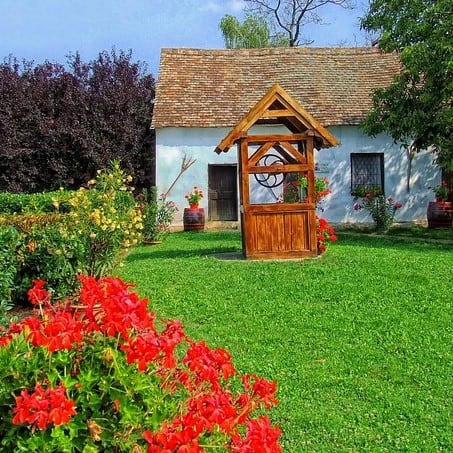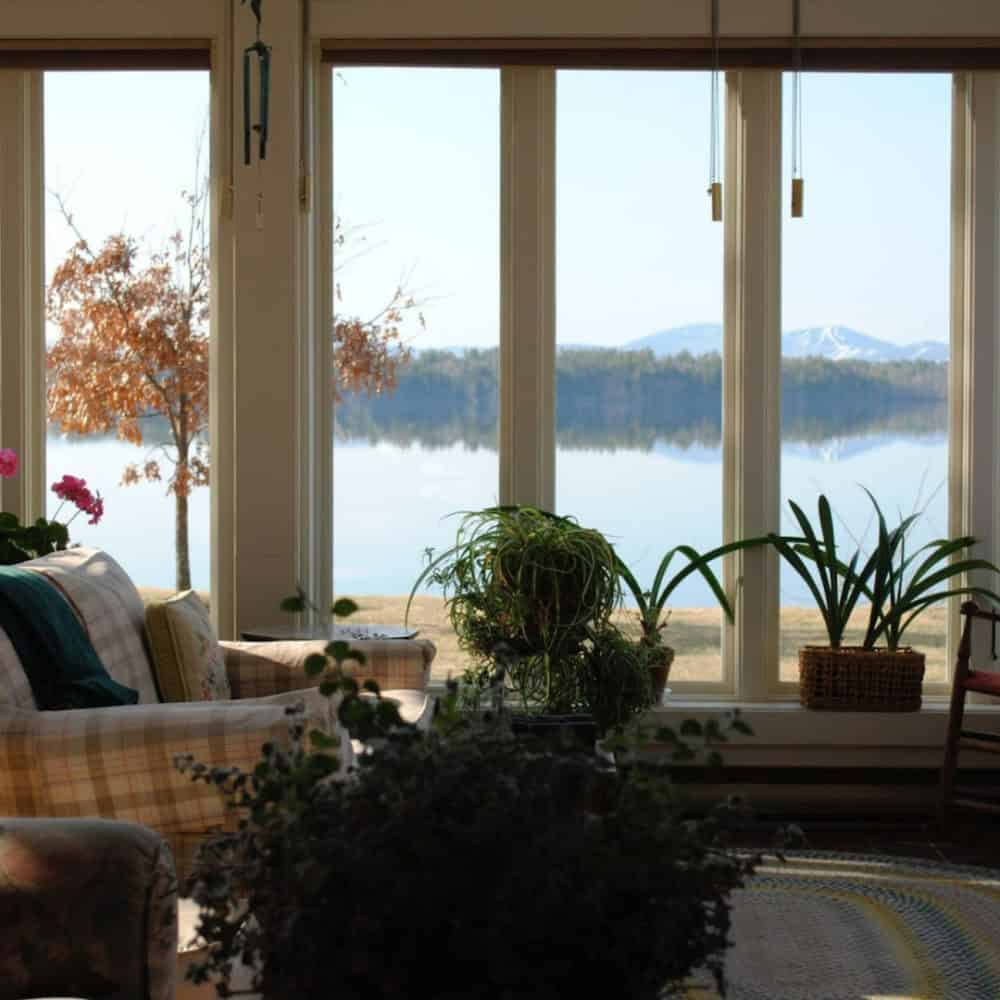The Savvy Buyer’s Guide to Navigating Lease Extensions and Property Value
Table of Contents
Navigating the nuances of leasehold property and the implications of lease extensions is a critical task for property buyers in the UK. Understanding these elements is not simply about securing a place to call home; it’s also an investment strategy that can significantly influence a property’s value.
In this article, we will dissect the concept of lease extensions and their impact on property value and offer guidance to aid savvy buyers in making informed decisions.
Understanding Leasehold Property
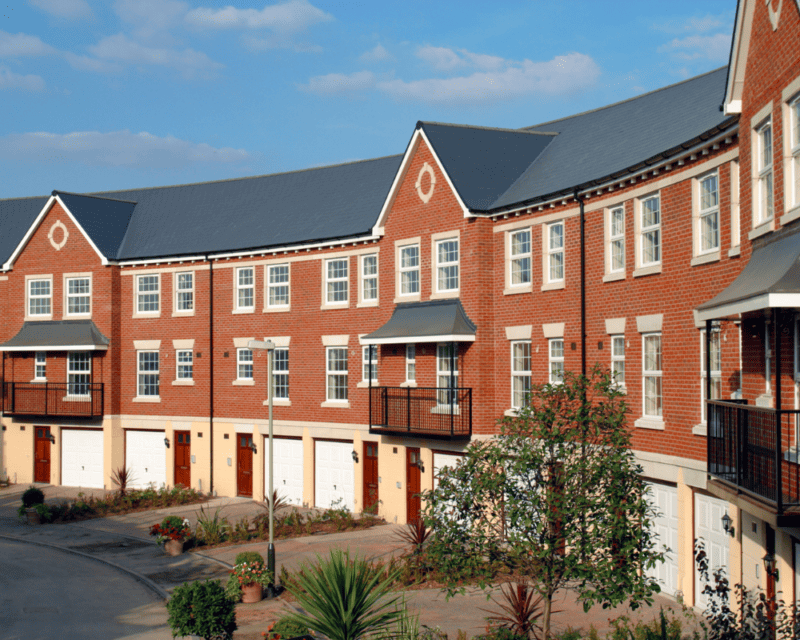
In the UK, properties are typically owned on either a freehold or leasehold basis. Owning a freehold means you own both the property and the land it stands on indefinitely. Leasehold, in contrast, means you own the property for a set number of years but not the land it’s built on. The lease is effectively a long-term rental agreement, and when it expires, ownership reverts back to the freeholder.
The Lease Extension Process
As the length of the lease decreases, so can the value of the property. This is why many leaseholders opt for a lease extension. Extending a lease can be complex, involving negotiation with the freeholder, legal procedures, and financial considerations. The Leasehold Reform, Housing and Urban Development Act 1993 gives leaseholders the right to extend their lease by 90 years on top of their current term and reduce the ground rent to zero, provided they meet certain criteria.
Calculating the Cost of Extension
The cost of a lease extension depends on various factors, such as the property’s value, the remaining years on the lease, and the current ground rent. To establish a fair price, a leaseholder typically appoints a lease extension surveyor to negotiate with the freeholder’s surveyor. This negotiation can result in a formal offer known as a Section 42 notice. If an agreement cannot be reached, the matter can be taken to a Leasehold Valuation Tribunal.
Impact on Property Value
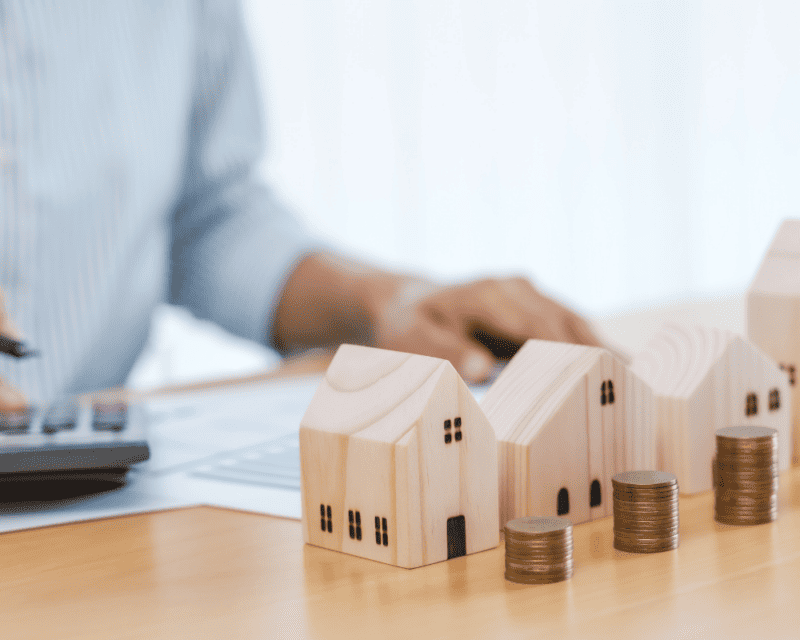
A lease extension can have a substantial impact on the value of a leasehold property. Generally, properties with longer leases are more valuable than those with shorter leases, particularly when the lease drops below 80 years. Under this threshold, the property becomes less attractive to potential buyers and lenders, which can make selling or obtaining a mortgage difficult.
Facts and Myths about Lease Extensions
Common misconceptions about lease extensions include the belief that they are prohibitively expensive or that it’s better to wait until the lease runs low before extending it. However, delaying can end up costing more, as the ‘marriage value’—the potential increase in the property’s value after the extension—is factored into the cost when the lease falls below 80 years.
Choosing the Right Moment for Extension
Knowing when to extend a lease is crucial. While there’s no one-size-fits-all answer, it’s often recommended to start thinking about an extension when the lease has around 85 to 90 years remaining. This strategy helps avoid the marriage value while also keeping the property attractive to future buyers.
The Bottom Line
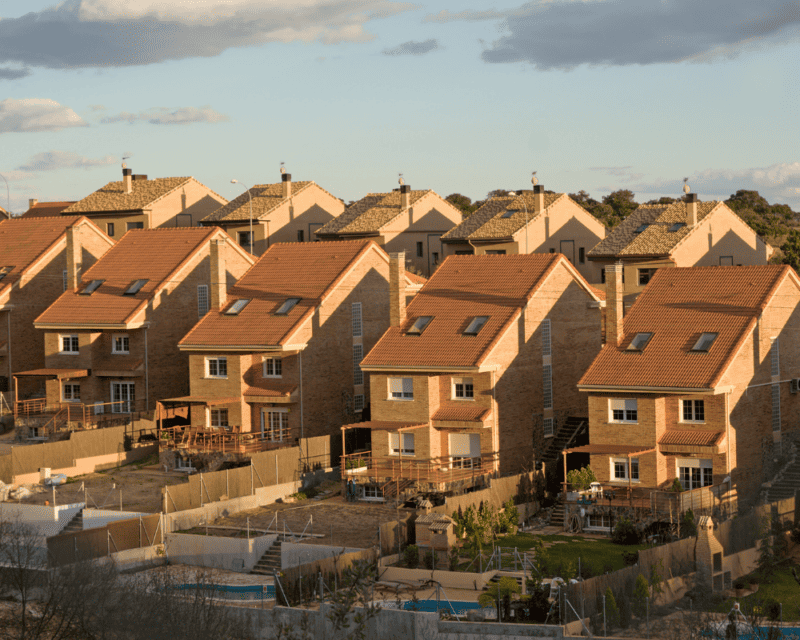
Lease extensions are an important consideration for leasehold property owners. They can prevent the devaluation of a property and make it more marketable. The savvy buyer will seek professional advice, consider the timing meticulously, and weigh the long-term value implications when deciding whether to pursue a lease extension.
With careful planning and negotiation, extending a lease can be a strategic move that safeguards and potentially enhances a property’s worth.

